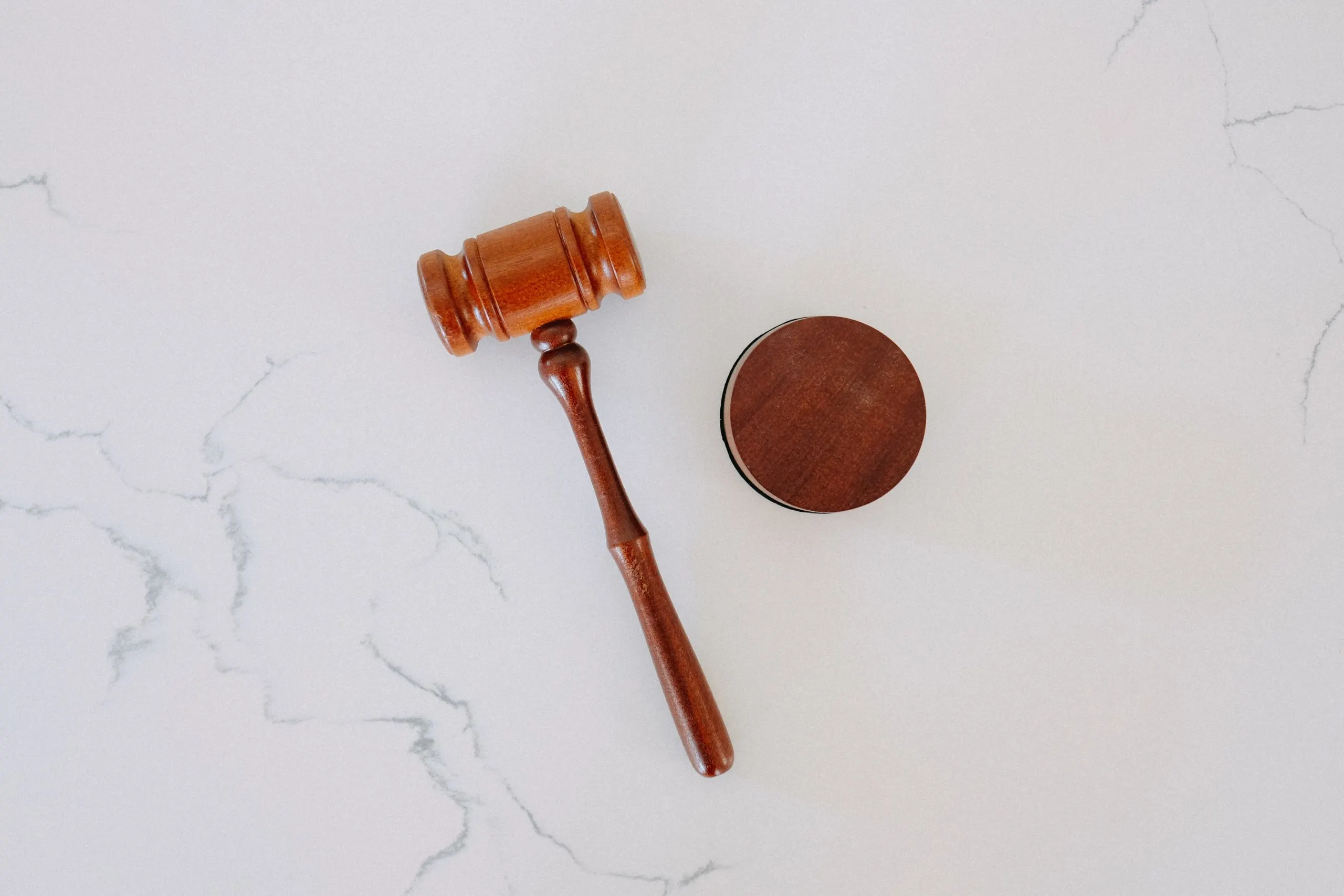As renters, we sometimes encounter difficult situations with our landlords that leave us wondering about tenants rights.
When the conditions of your rental unit are not up to par, you’re being asked to pay more than you expected, or you’re experiencing discrimination or harassment, it can be difficult to know where to turn.
While each city, municipality, and state has its own set of rules regarding tenants rights, there are some basic federal laws that always apply. A city or state law cannot allow a landlord to do something that goes against federal law. Read on for more information about the tenants rights you’re entitled to as a renter.
Talk to a Lawyer!
Got specific questions about your situation? Low Income Relief is a team of researchers and can’t give legal advice… but our friends at JustAnswer may be able to help! Click on over to chat with a lawyer now.
Tenants Rights: Habitability
Every state recognizes an “implied warrant of habitability” for any dwelling where tenants may live. In plain English, that simply means that even if it is not explicitly stated in the lease, it is understood that certain living standards should be met.
While each state has its own standards of habitability, it can be assumed that landlords are required to provide a dwelling that is clean and safe. That means, your home should have running water and working plumbing, heat in the winter, access to electricity, and be structurally sound.
For a home to be habitable, or liveable, it also means that it must be up to code according to local laws. It may not be entirely obvious whether a unit or building is up to code. For example, some basement apartments are not up to code while others are, depending on whether they’re easy to exit or not. This issue came to light, tragically, during Hurricane Ida in August 2021. At least 11 people died in New York City when their basement apartments flooded and they were unable to exit in time.

Tenants Rights: Privacy
Even if you’re renting from someone who owns the building, you still have the right to privacy. Sometimes, your landlord, super, or other repair person might have to enter your home to check something or perform repairs, but they typically have to give you some notice before they enter.
On the other hand, landlords are allowed to look into your credit history, criminal history, and your rental history. Landlords want to be confident that you will be able to pay the rent on time, will not disrupt the rights of other tenants to live in a safe and quiet home, and that you will keep the rental unit in a good condition.

Tenants Rights: Security Deposits
A security deposit is a payment to a landlord, usually in the amount of one month’s rent, when you first move into a rental unit. You can expect that the security deposit will be returned to you when you move out, in part or in full, unless the landlord needs to use the money to cover costs allowed by law.
Landlords can legally use security deposits to cover:
- Unpaid rent or utilities: If a tenant fails to pay rent or utility bills, the landlord is allowed to use the security deposit to cover these unpaid expenses.
- Cost of cleaning or damage: If the rental unit is left in a very unclean state, the landlord may use the security deposit to pay for cleaning. If there is excessive damage to the dwelling, such as broken locks, holes in walls, unauthorized painting, or water damage to floors.
- Lost income because of broken lease: If a tenant breaks their lease, the landlord can keep the security deposit because the landlord is potentially losing income that they were expecting to receive.
Landlords cannot use security deposits to cover:
- Normal wear and tear: “Normal wear and tear” refers to minor damage that is unavoidable in a home. This could include a small number of holes in walls (from nails or screws), dirty grout in a bathroom, or a small hole in a carpet.
There is also a maximum amount of money a landlord can charge you when you move in, but it’s different in every state. Check out Low Income Relief’s article on how much landlords can charge in every state for more information.

Tenants Rights: Harassment & Discrimination
While none of us want to think about the possibility, harassment and discrimination do happen. The best thing you can do to combat harassment and discrimination is to know how to recognize it, and know where to report it.
Harassment could consist of any type of behavior by a landlord in an attempt to make you uncomfortable. There have been instances in which landlords engage in loud construction or yard work in an attempt to make living in your home unbearable because of the noise. This is often an attempt to get tenants to leave “voluntarily” so they can rent the unit for a higher price. This behavior is illegal, and if you suspect that your landlord is using noise pollution or other means to push you out of your home, this may be a form of harassment.
Sexual harassment is another form of harassment that is unacceptable in a landlord-tenant relationship. If a landlord is asking you on dates and not taking no for an answer, touching you in an inappropriate way, or making inappropriate comments about your appearance, this may be sexual harassment.
Discrimination can take many forms. However, the Federal Fair Housing Act of 1968 prohibits discrimination based on: race or color; religion; national origin; familial status or age, disability, or sex. Discrimination is sometimes subtle. For example, advertising an apartment to people of a particular religion is illegal because it suggests that there is a preference for people of that particular religion. You also might not know that discrimination on familial status includes families with children and expecting parents. If a landlord denies you a house or apartment because you have children, they are in violation of federal law.
If you believe you have been a target of harassment or discrimination, there are tenants rights organizations and government agencies that can help. See our resources below for more information.

Tenants Rights Resources
Listed below are a few tenants rights resources and organizations. If your landlord is in violation of any of the above rules and regulations, your first line of defense should be to have a conversation with them. If that fails, you can turn to one of these tenants rights organizations for help.
- U.S. Department of Housing and Urban Development
- Legal Aid Society (Google “Legal Aid Society near me”)
- You can find an organization near you by simply Google searching “tenants rights organization near me”.
It’s always our hope that you will never have your tenants rights violated, but if you do, the best thing you can do is to be prepared.

